Fortinet Acquires Next DLP Strengthens its Top-Tier Unified SASE Solution
Read the release
The roots of International Women's Day date back to 1911 when over one million people rallied to support women's rights in Austria, Denmark, Germany and Switzerland. The UN officially recognized #IWD in 1977 . Women in the west have made steady progress towards gender equality; women in many middle eastern and African countries have, very sadly, gone backwards. As long as we have women who are denied fundamental rights like freedom of movement, right to work and a livelihood, and access to education and health care, we need to continue to shine a light on them and stand in solidarity with them. IWD reminds all of us, regardless of gender, to do just that. #EmbraceEquity #DigitAL #United Nations #IWD2023.
For this International Women’s Day, we share the unique professional experiences of “women in tech” from some of the women who work at Next, each with diverse and intersectional backgrounds. We asked them to reflect on what it means to them to be a woman in the tech space, and cybersecurity in particular.
Katrina Currie-Bruin is the Lead Software Test Engineer at Next DLP. She has worked in technology for the past ten years. Before that, she studied Physics and Maths at the University of Cambridge. - Katrina's LinkedIn Profile
It was at university where I first found myself one of a small collection of girls in a male-dominated environment. It didn’t bother me back then and I felt a bit special. Starting work ten years ago, the trend continued. I wasn’t the only woman, but we were certainly outnumbered. By this stage, I really started to wonder where the rest of us were! Now, working at Next, the ratio of women to men in the engineering team is 1:2. This isn’t bad, considering the industry. It’s rare that I notice I’m the only female in the room, though it does still happen.
Lack of diversity can be self-perpetuating due to a lack of role models. I‘ve been lucky enough to have several strong female role models through my work life so far. I’m also very proud and excited that we have a female CEO here at Next!
Val is a test automation engineer at NextDLP. She comes from an Electrical and Electronic engineering background and joined Next in 2020 - Val's LinkedIn Profile
"Being a woman in tech can be hard."
Often, it’s not people who make it hard, but the remnants of the past that perpetuate the inequality divide between the genders. Some divides can be large - like not offering paternity leave, thus forcing women to solely look after children. Some can be perceived as small. During one of my internships in a male-dominated company, there wasn’t a womens’ bathroom in the office. The choice was either a mens’ room or a bathroom (gender-neutral, thankfully) outfitted for the disabled. It seemed funny at the time, but looking back at it now, it’s evidence that women were not considered in the very design of the office space.
My advice to a woman just entering a tech industry is the following. Feel comfortable in your ability to do your work - you may think that you are not qualified for the job you do, but your company does: after all, you passed the interview. Instances where you feel you don’t know enough about a topic are opportunities to learn from your colleagues and gain valuable experience to advance your career. Finally, if something at your workplace makes you feel uncomfortable - raise it right away.
Keri is the Lead Technical Writer at Next. She joined the company in 2017 after working at a series of software and publishing companies - Kerri's LinkedIn Profile
When I joined our company five years ago, I was one of just two women in our UK office. In addition to being surrounded by a team of male engineers, I was the only American. I am grateful for the amazing coworkers I had then and the ones I have now, as I have never felt so supported in a professional environment.
Prior to taking this role, I experienced toxicity in the workplace. I once witnessed a male in a senior role shout and slam his fists down on the desk of one of his female employees, with no consequences. I have also personally experienced bullying behavior by a female manager who was supposed to be mentoring me. I did not know who to turn to about this, as she was my superior and had been with the company for a long time. So, I instead found a new job.
It is paramount that all employees are respected, supported, and recognized for their contributions so they can continue to grow. And in a space that is dominated by men–even amazing ones–we women need to do everything we can to boost each other up.
Neena is a cybersecurity industry professional with over 15 years of experience in the areas of cybersecurity product management and sales engineering. She currently works as a Product Manager at Next where she enjoys translating complex cybersecurity challenges faced by organizations into usable solutions - Neena's LinkedIn Profile
I never knew I had to think of myself as a “Woman in Tech” or a “Woman in Engineering.” Growing up, I saw brilliant women and men as role models in different careers. Gender did not factor into deciding one’s career; if one wanted to pursue a career in any field - engineering, medicine, business, teaching, arts, finance, law, you name it, it was possible. My two older sisters studied engineering. In my undergraduate engineering class in India, of a hundred students, 60 were female. I didn’t think being a woman in engineering, technology or science was anything extraordinary. It was just - normal. Like any other career, if you had an interest and aptitude for it, one was free to pursue it. I realize I am lucky to have been brought up in an environment that enabled me to think this way.
So when did I become conscious of the fact that being a woman in engineering could mean I should expect a slightly different experience? Perhaps it was when I came to the United States to pursue my Master’s degree in Engineering and found I was the only female in my specialization. Or, when very early in my career, I heard a VP of Engineering say, “I don’t like hiring females, because they get married and leave.”? The overt sexism aside, it struck me how unfair it was that right out of the gate, people’s biases and prejudices about women could put them at a career disadvantage. At various conferences and tradeshows I attended, although I was the tech expert in the product, there were people who would come up to me and ask if there was “someone technical” they could talk to. Did they assume I was non-technical because I am a woman? There were meetings where, if I attended with a male colleague, the person would look at the male colleague for answers. Fortunately, in these circumstances my male colleagues were allies who would point to me as the person to talk to.
I mention these things to acknowledge the fact that biases and prejudices can exist - unfortunately so. And yes, they exist in different forms - gender, ethnicity, country, location, cronyism, you name it. But this being women’s history month, I mention the gender-oriented biases. Which, I acknowledge, has significantly reduced due to the efforts of women who persisted in the industry and workplace despite the challenges they faced. Also notice I say can exist - because not all people have biases. My experiences in the tech industry across three different cybersecurity companies, in different roles over the past 15+ years, have been largely positive. I’ve worked with some great leaders and very smart colleagues - both men and women, who’ve appreciated what I’ve brought to the table without gender-based limitations. In cases where one is faced with gender-based biases, don’t let it discourage you. Either try to address the issue or change your environment. And in these circumstances it's very important to keep in mind your why. Why did you pursue technology / engineering / cyber? There are no wrong answers - but hopefully it also includes the fact that you enjoy it. I enjoy being a Product Manager in the cybersecurity industry because I find building something to solve the constantly evolving challenges in the cyber landscape quite interesting. I don’t believe that reason is particularly gender specific. Try not to box yourself into certain behaviors with labels - that can be limiting. Technologists are problem solvers and the problem doesn’t check for your gender identity.
Lauren Koppelman is a member of the marketing team at Next DLP. She brings a broad skillset and 15 years of experience from the nonprofit and B2B tech spaces. Her work has been featured in national publications, on the large screens at international conferences, and in the living rooms of weekend doomscrollers alike - Lauren's LinkedIn Profile
When asked to reflect on my experience in the workplace, I am the first to say I don’t notice biased behavior from my coworkers who are men. However, when learning how best to work from home during the pandemic, it was my partner who overheard and pointed out microaggressions and biased behavior from them towards me.
“That would never happen to me,” he would share after a day filled with meetings, to my complete bewilderment. He would then go on to recount an inappropriate or unprofessional interaction that I would have written off as commonplace.
Rather than recount former colleagues’ transgressions, I would use this platform to call men to action: when you witness biased behavior towards a colleague, connect with her about it. Chances are good that she is so used to being treated this way, that she doesn’t notice that an interaction isn’t acceptable. Always, set an example of unbiased behavior for your colleagues and uphold those expectations in group interactions including your women colleagues. When you are in a place to do so, provide the same guidance to an offending colleague by pointing out the unexpected behavior and offering them perspective on whether it would fly if the receiving colleague was a man.
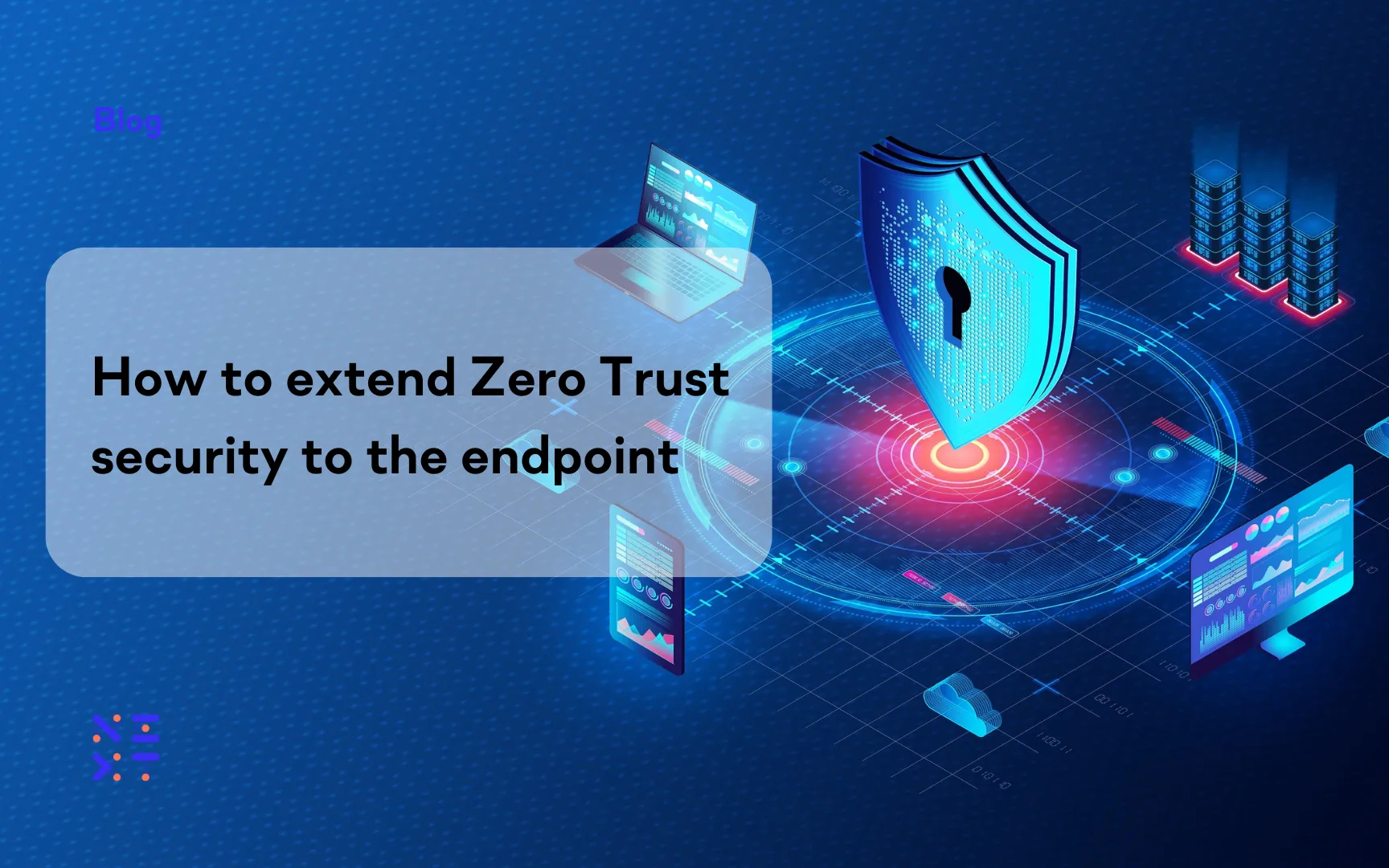
Blog
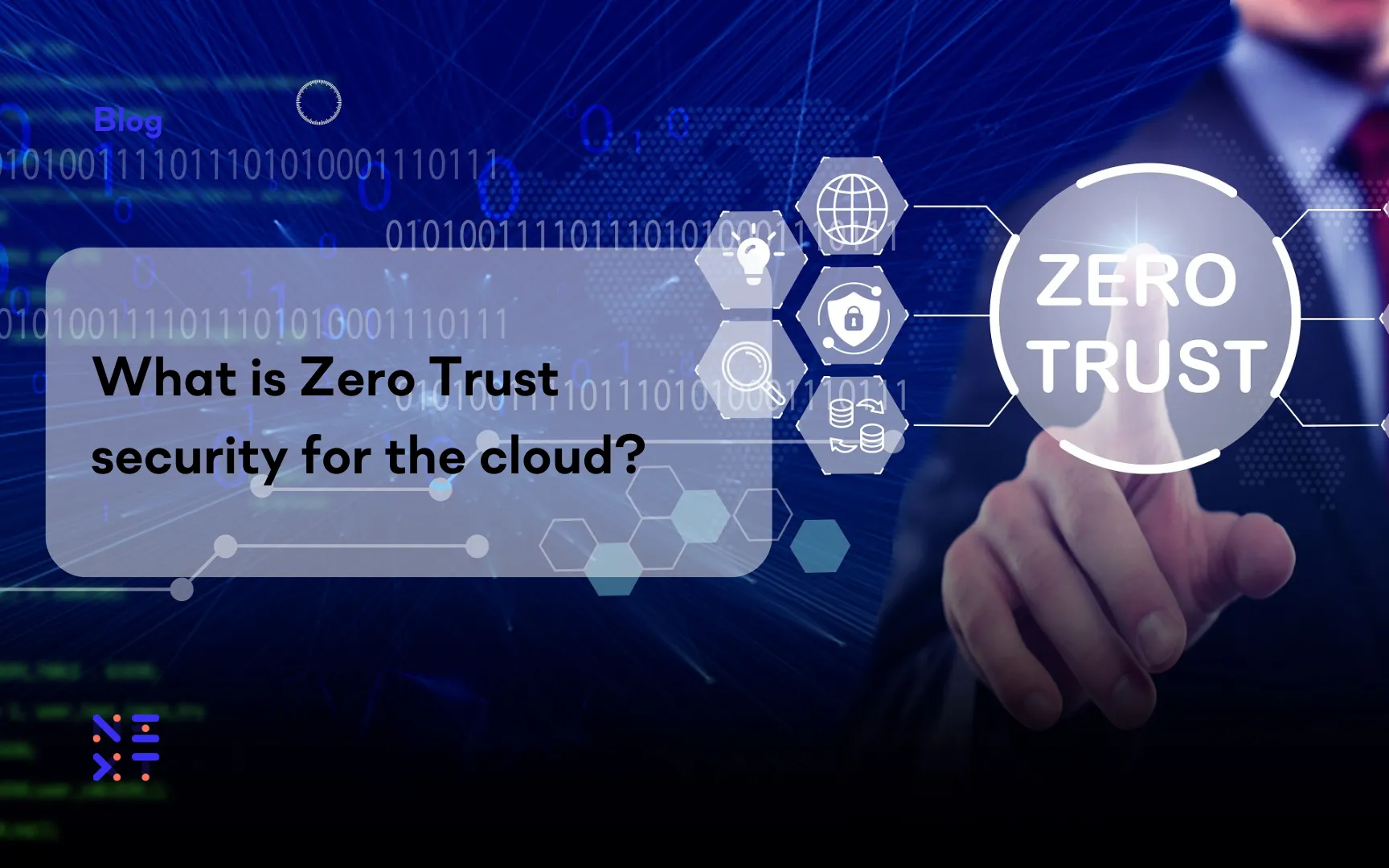
Blog
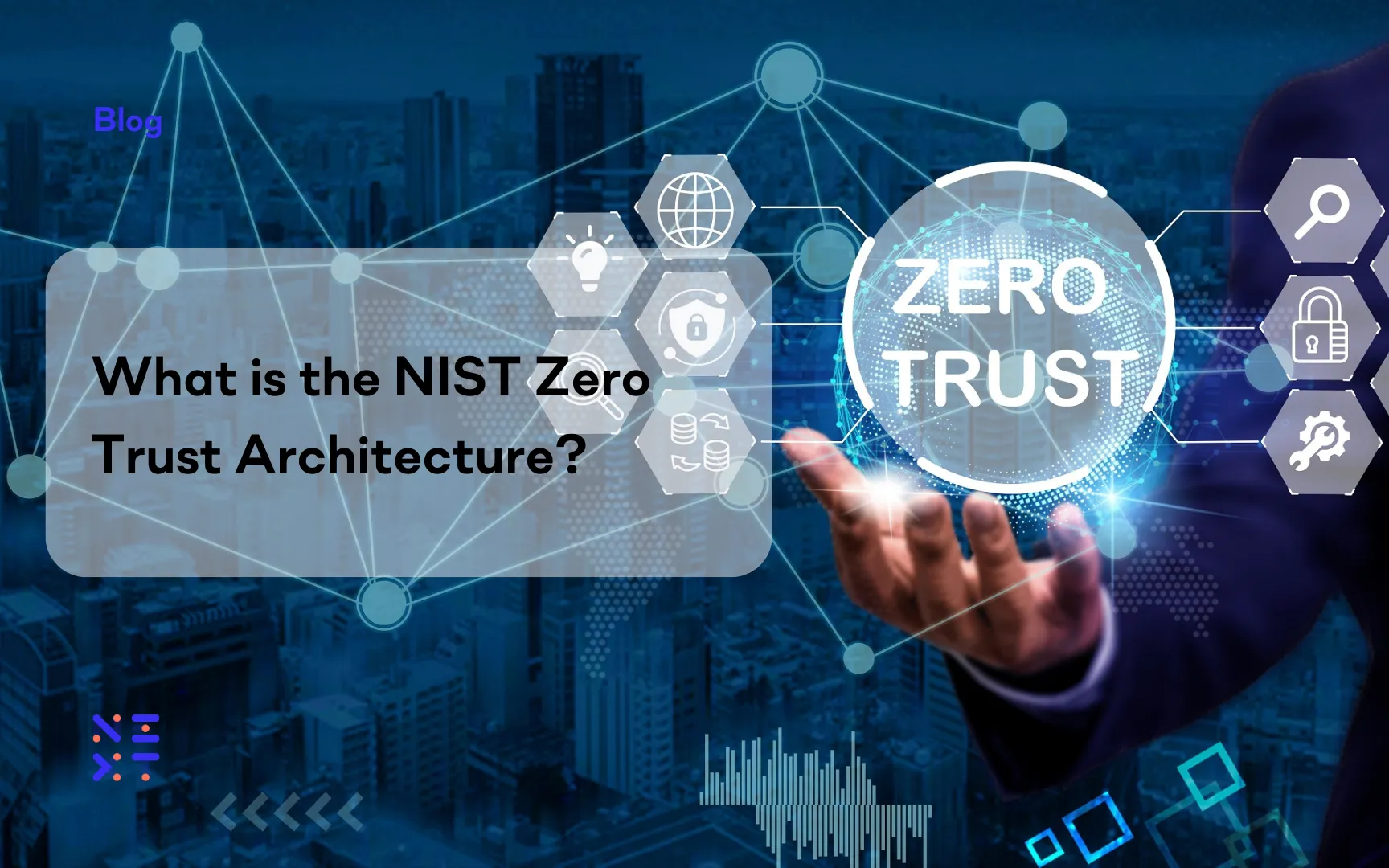
Blog
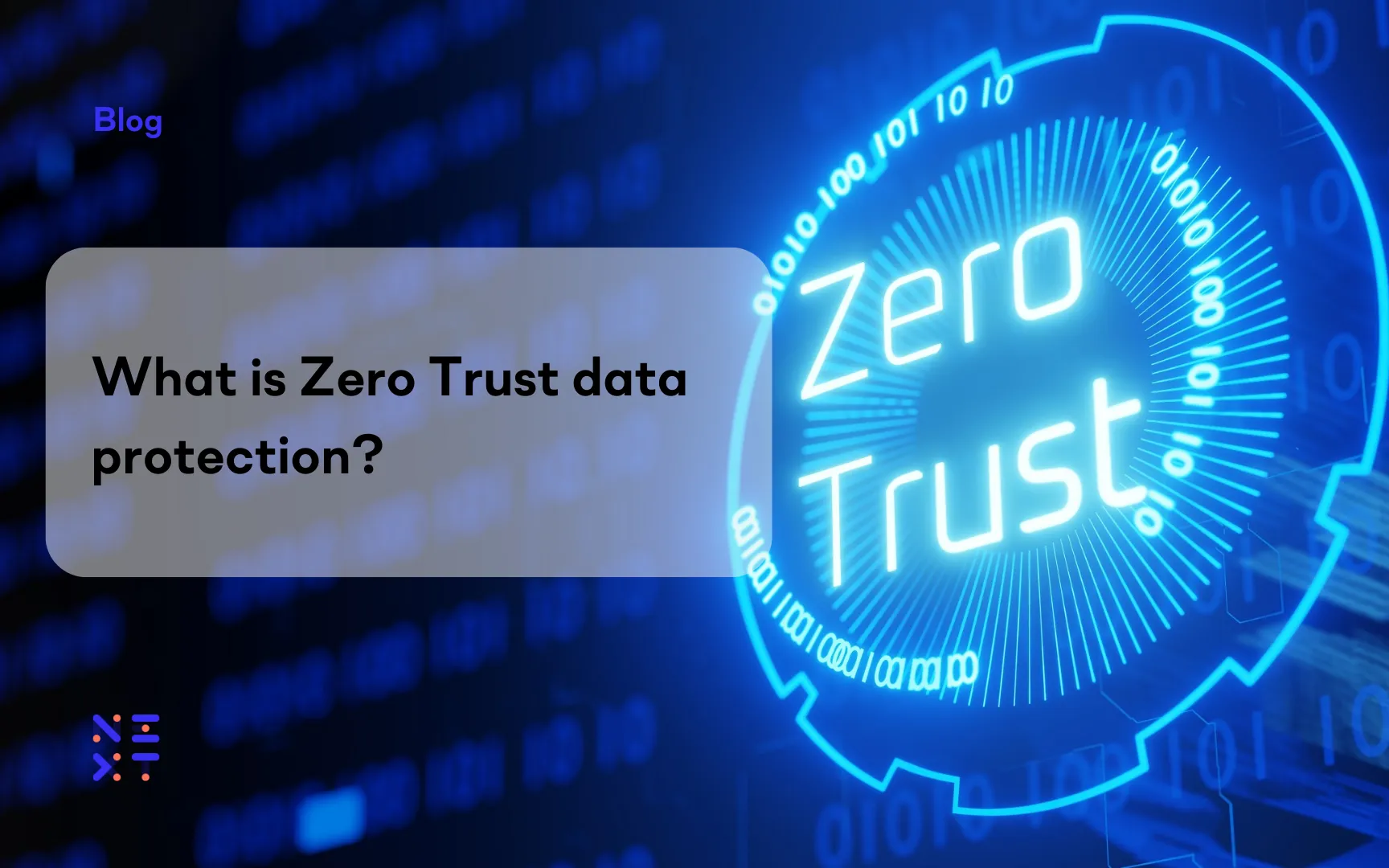
Blog

Resources

Resources
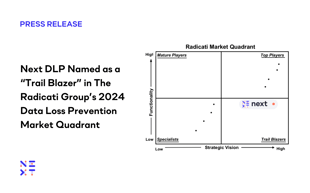
Resources

Resources

